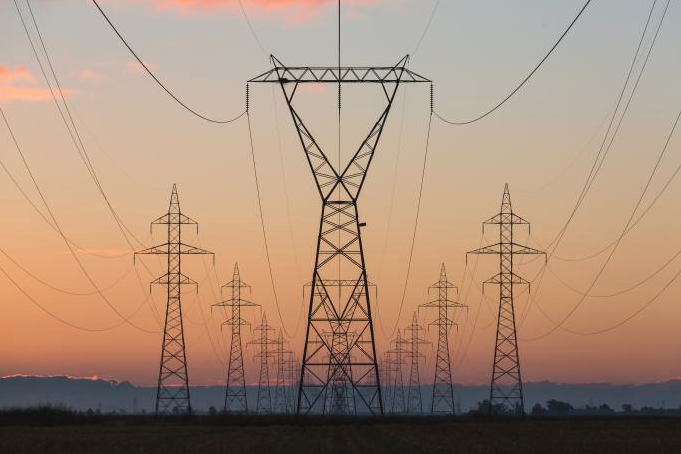January, 28, 2019 (Ottawa): First Nations advocates and leaders in northern Manitoba have shared very concerning accounts of violence and abuse associated with energy development with Amnesty International, some of which were documented in a report released last year by the Manitoba Clean Environment Commission.
What Amnesty International is hearing from northern Manitoba directly parallels the pattern of systemic violence that Amnesty International documented in its 2016 report on the social impacts—and notably, the gender impacts—of work camps and other aspects of energy development in northeast British Columbia. The concerning allegations underscore just how important it is that the voices of Indigenous peoples – especially Indigenous women – are heard and listened to when decisions are made about large dams and other resource development projects.
“We believe it is critical that the province of Manitoba and Manitoba Hydro make it a real priority to work in collaboration with First Nations to address historic wrongs and prevent further human rights violations,” said Jackie Hansen, Gender Rights Campaigner with Amnesty International Canada.
Much of Amnesty International’s research and advocacy on the rights of Indigenous peoples in Canada has been driven by requests from Indigenous advocates, leaders and community members. Manitoba Keewatinowi Okimakanak (MKO) recently approached Amnesty International and shared concerns about the harmful impacts of energy development on community members, and most notably on Indigenous women and girls. On January 23, 2019 at the Chiefs General Assembly on Health Transition and Transformation, MKO chiefs passed a resolution calling for an inquiry into racism, discrimination, harassment, and sexual violence against Indigenous community members at past and present hydroelectric development projects in northern Manitoba, and in the resolution specifically expressed support for Amnesty International to further study this issue with impacted First Nations. Amnesty International appreciates the inclusion of collaboration between Amnesty International and MKO in the resolution. Amnesty International has every intention of looking more deeply into the concerns raised by MKO leadership, York Factory First Nation, and grassroots advocates this year.
Background:
Violence and resource development – lessons from a new Manitoba cumulative impacts study, Amnesty International
Out of Sight, Out of Mind: Gender, Indigenous rights, and energy development in northeast British Columbia, Canada, Executive Summary, Amnesty International
For more information or to request an interview, please contact:
Lucy Scholey, Amnesty International Canada (English): + 613-744-7667 ext. 236; lscholey@amnesty.ca





















